The trial of Sean “Diddy” Combs has captivated public attention, not just as a legal spectacle but as a reflection of broader societal issues. The mixed verdict—acquittal on the most serious charges of racketeering and sex trafficking, but conviction on two counts of transportation to engage in prostitution—has left many questioning the nature of justice, the power dynamics in the entertainment industry, and the complexities of accountability for high-profile figures.
The Legal Nuances and the Jury’s Decision
The jury’s decision to acquit Combs on the racketeering and sex trafficking charges while convicting him on the transportation counts reveals the intricate nature of the evidence and the legal standards applied. The Racketeer Influenced and Corrupt Organizations Act (RICO) is a powerful tool used to dismantle organized crime, but its application in this case hinged on proving that Combs was the leader of a criminal enterprise. The prosecution’s failure to meet this burden suggests that while the jury may have found evidence of wrongdoing, they did not believe it rose to the level of a coordinated criminal operation.
Similarly, the acquittal on sex trafficking charges indicates that the jury was not convinced beyond a reasonable doubt that Combs engaged in forced sexual exploitation. This could be due to inconsistencies in witness testimonies, lack of direct evidence linking Combs to the alleged acts, or the high legal threshold required for such convictions. However, the guilty verdicts on the transportation counts suggest that the jury did find sufficient evidence to prove that Combs facilitated the movement of individuals for the purpose of prostitution. This distinction is crucial, as it highlights the jury’s careful consideration of the evidence and the legal definitions of the charges.
The Impact on Combs’ Career and Reputation
The legal outcome will have far-reaching consequences for Combs’ personal and professional life. While he avoided the most severe penalties, the guilty verdicts on the transportation counts could still result in significant legal repercussions, including potential jail time and fines. The sentencing will be determined by the judge, who will consider factors such as the severity of the offenses, Combs’ prior criminal record, and other mitigating or aggravating circumstances.
Beyond the legal implications, the trial has already tarnished Combs’ reputation. His image as a successful entrepreneur, philanthropist, and cultural icon has been severely damaged, potentially impacting his business ventures and endorsements. The scandal could also have a ripple effect on his various business ventures, including his music label, fashion line, and other investments. Partners and investors may distance themselves from him, and consumers may boycott his products and services.
Moreover, Combs still faces several civil lawsuits related to the same allegations of sexual assault, abuse, and misconduct. These lawsuits could result in significant financial settlements and further damage to his reputation. The legal battles are far from over, and the long-term impact on his career remains uncertain.
Broader Societal Conversations
The Sean Combs trial has sparked broader conversations about power, abuse, and accountability in the entertainment industry and beyond. The allegations against Combs have been viewed through the lens of the #MeToo movement, which has empowered survivors of sexual assault and harassment to come forward and hold perpetrators accountable. The case highlights the ongoing struggle to address power imbalances and create safer environments in industries where abuse has been historically prevalent.
As a central figure in hip-hop culture, Combs’ trial has also raised questions about the industry’s culture and its treatment of women. Critics argue that hip-hop has often objectified and exploited women, and that the allegations against Combs are a symptom of a deeper problem. The case serves as a reminder of the need for systemic change and greater accountability within the industry.
Additionally, the trial has reignited debates about racial justice and the disproportionate incarceration of Black men in the United States. Some observers have argued that the prosecution of Combs is racially motivated, pointing to the historical context of racial bias in the legal system. Others counter that justice should be blind to race and that Combs should be held accountable for his actions regardless of his background. The case underscores the complexities of navigating these issues and the need for a nuanced understanding of the intersections of race, power, and the law.
The Power of Celebrity and the Path Forward
The Sean Combs trial also highlights the complexities of holding powerful celebrities accountable for their actions. Combs’ wealth and influence have allowed him to amass a team of high-powered lawyers and public relations professionals, potentially giving him an advantage in the legal system. This raises questions about the fairness of the justice system and the challenges of holding powerful individuals accountable.
As the legal proceedings continue, the focus will shift to how Combs confronts the consequences of his actions and what steps he takes to atone for any harm he may have caused. His legacy is now inextricably linked to the allegations and legal proceedings that have unfolded. The final chapter of his legacy remains unwritten, dependent on how he navigates this crisis and rebuilds his reputation in the years to come.
In the broader context, the trial serves as a reminder that power comes with responsibility, and that accountability is essential, regardless of fame or fortune. The case underscores the need for continued dialogue and action to address the systemic issues that allow abuse and exploitation to persist. The outcome of the trial may not provide all the answers, but it has undoubtedly sparked important conversations that will shape the future of the entertainment industry and society at large.











